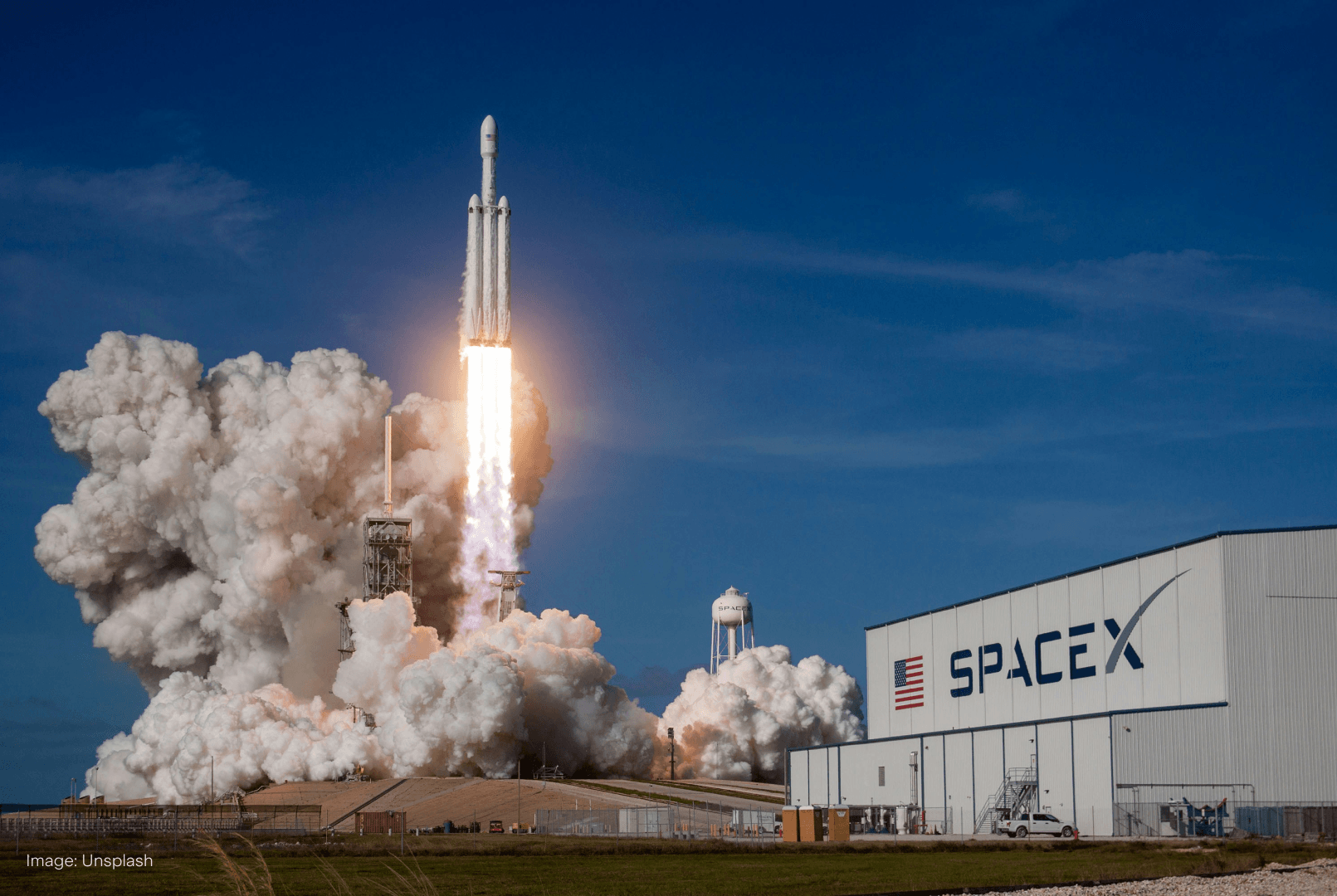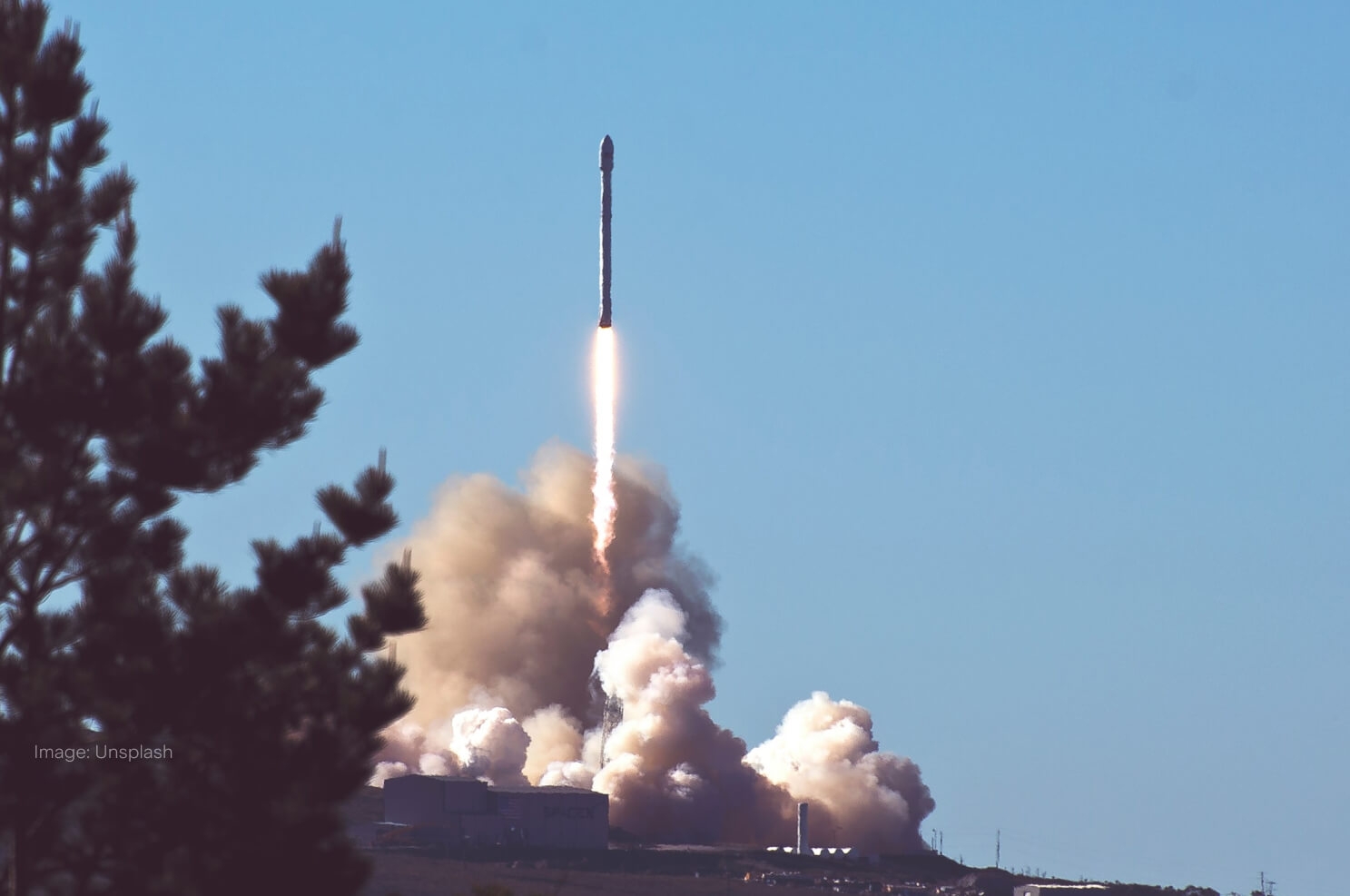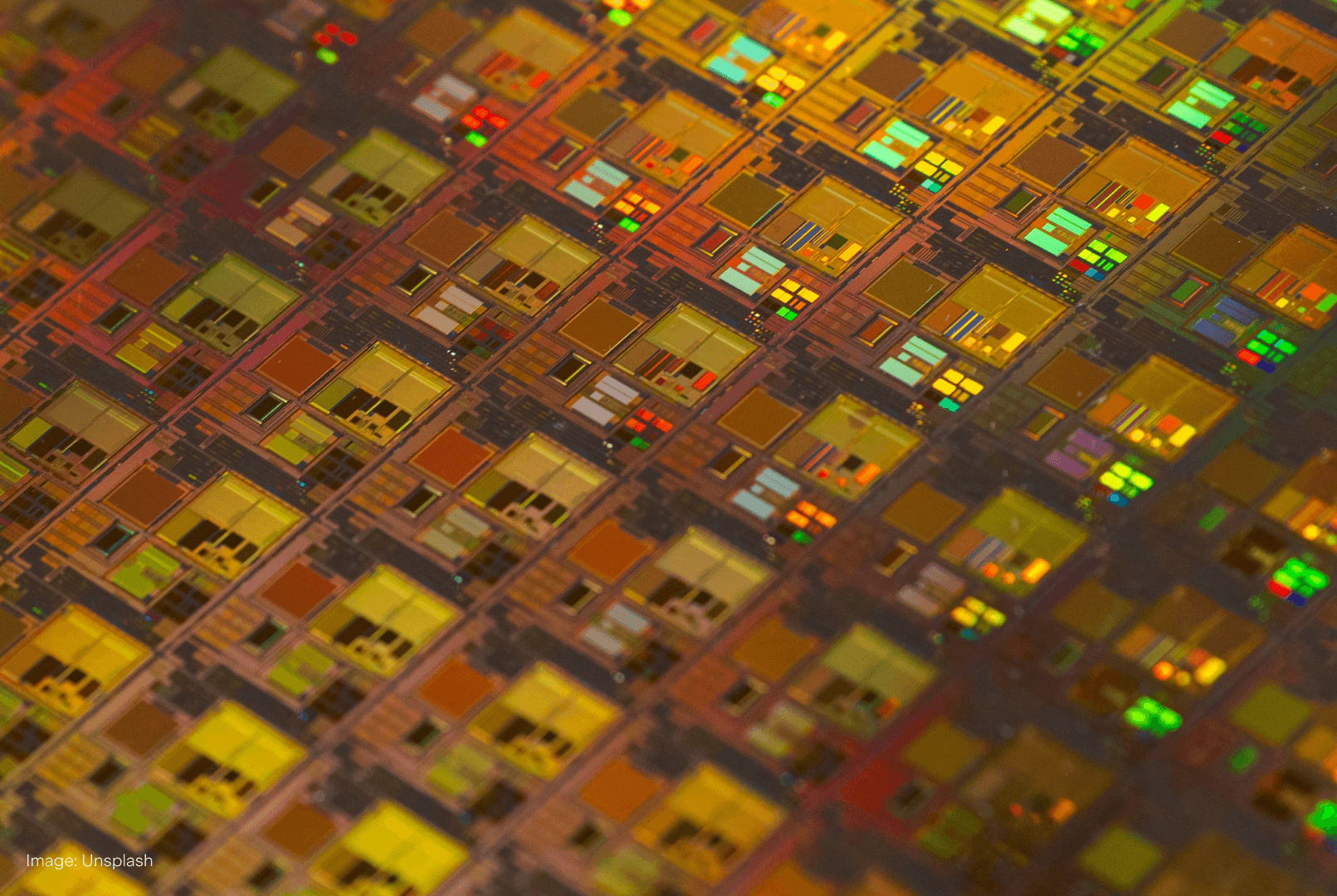
X-Factor
Elon Musk’s privately held SpaceX might launch a tender offer this month. It’s sent retail investors on a mission that seems as tricky as occupying Mars: finding a way to invest in this US$350b space unicorn.
Aerospace manufacturer SpaceX is reportedly gearing up for a tender offer in December. Insiders told the Financial Times mid-November that the plan is to sell shares at US$135 each, implying a US$250b valuation. But a report from Bloomberg on Tuesday suggests that SpaceX is in discussions to sell insider shares that would value the company at a whopping US$350b.
That valuation – as gravity-defying as the company’s reusable rockets – makes SpaceX the highest-valued private firm in the world, worth more than twice as much as Boeing ($BA). The fact that it's private means you can’t buy shares and get in on the action. Unless, of course, you…can?
DestinyTech100 ($DXYZ) – a close-ended fund that trades on the NYSE – has rallied more than 200% this month. Its largest holding is SpaceX, which makes up 37% of the fund’s portfolio. But it’s also been very volatile, and trading at a 700% premium to NAV. It’s an expensive and risky option just for a little SpaceX exposure, but hey, stranger things have happened in the realm of FOMO investing.
Another strategy investors seem to have considered is using an alternative stock as a proxy. Elon Musk, the main man behind SpaceX, is of course also the CEO of publicly-traded EV maker Tesla ($TSLA), and now the head of a new government department. Tesla's post-election rally might prove that investors are optimistic about what Musk’s endeavours in Washington could do for all his companies. Tesla is just the tradeable option – SpaceX (and maybe even xAI) actually stand to gain the most from Musk’s new position.
Of course, it's also possible that investors get excited about the sector as a whole and buy other (publicly listed) space companies instead. That would certainly explain why Rocket Lab ($RKLB) shares went into orbit last week. Six analysts have issued a buy rating on the stock, which is up 380% this year.
In Q3, Rocket Labs reported a 55% YoY increase in revenue, which hit US$104.81m. It secured US$55m in new contracts last quarter, growing its backlog to US$1.05b and giving investors much-needed visibility into future revenue prospects.
Other space stocks like lunar landing manufacturer Intuitive Machines ($LUNR) and satellite designer AST SpaceMobile ($ASTS) have also seen triple-digit percentage gains in their share prices this year. Intuitive Machines shares rallied 75% in the last month after reporting 359% YoY revenue growth in Q3. AST, on the other hand, dropped 12% over the same period after an underwhelming earnings report dampened investor sentiment.
Remember, these companies are still in their loss-making startup phase, and the path to profitability is a hazy one. Launching rockets is an expensive business, after all. And while SpaceX isn't required to disclose financial results, some reports say the firm expects US$15b in 2024 revenue.
There’s been talk of spinning off Starlink (which has established itself as SpaceX’s money maker at this point) and taking it public via an IPO. But for now, it seems like it's in SpaceX’s best interest to keep all aspects of its business private. As long as that’s the case, buying into the space race will come with elevated risk – the kind that will be realised when share prices return to Earth.


